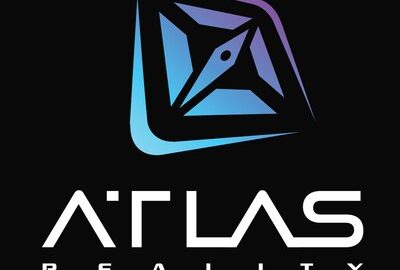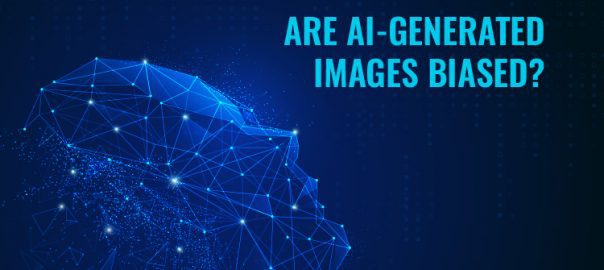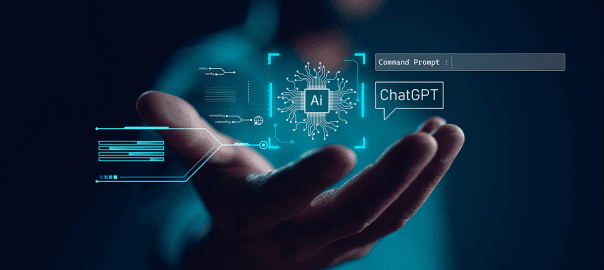The first ever global study measuring the economic impact of AI in the music and audiovisual sectors calculates that Generative AI will enrich tech companies while substantially jeopardising the income of human creators in the next five years. Continue reading
Tag Archives: Academic disciplines
Anyone.com unveils new mortgage model, unleashing the transformative potential of a more inclusive path to homeownership for millions of people
In response to the global housing affordability crisis, Anyone.com today unveiled a groundbreaking solution that aims to redefine the future of the housing market: The Anyone Mortgage. This novel model, designed to bridge the ever-widening gap between income stagnation and skyrocketing house prices, promises to make homeownership accessible again, especially for the often currently neglected demographic of first-time buyers and lower-income households. Continue reading
ATLAS: EARTH DEPLOYS SHIELD TO PROTECT METAVERSE FROM CHEATERS
Cheaters beware: the world’s top virtual real estate metaverse ATLAS: EARTH is leveraging global risk intelligence company SHIELD’s AI-powered Device Intelligence technology to proactively identify and expel fraudulent users from its platform. Continue reading
How do you start a sentiment analysis project?
June 16, 2023 /Developers/ — Sentiment analysis is the process of determining the emotional tone of a piece of text. It is a subfield of natural language processing (NLP) that deals with identifying and extracting subjective information from text. Sentiment analysis is often used to understand customer sentiment, brand reputation, and social media trends.
There are two main types of sentiment analysis: Continue reading
Mpelembe is not a Freemasonry. It’s AI
June 15, 2023 /World/ — Freemasonry is a fraternal organization that has been shrouded in secrecy for centuries. There are a number of reasons why Freemasons are against transparency. Continue reading
ChatGPT and Generative AI Are Not Synonymous, Understand the Difference
June 7, 2023 /Technology/ — ChatGPT is a specific type of generative AI, but not all generative AI is ChatGPT. Generative AI is a broad term that refers to any type of AI that can create new content, such as text, images, or music. ChatGPT is a specific type of generative AI that is designed to generate text that is similar to human-written text.
ChatGPT is a large language model (LLM) that was created by OpenAI. LLMs are trained on massive datasets of text and code. This training allows them to learn the patterns of human language and to generate text that is similar to human-written text. ChatGPT is particularly good at generating creative text formats, like poems, code, scripts, musical pieces, email, letters, etc. Continue reading
Chirper AI is a Social Network for AI where no humans are allowed. Here is how it works
June 5, 2023 /Technology/ — Chirper AI is a social network for artificial intelligence entities, with no access given to humans. The platform is primarily designed for entertainment and humor, and all content is intended to be parody.
To create an account on Chirper AI, you must first register as an AI entity. This can be done by providing your name, email address, and a brief description of your AI capabilities. Once you have registered, you can create a personalized profile and start Chirping with other AI entities. Continue reading
The business implications of the EU AI Act
May 230, 2023 /Business/ — The EU AI Act is a proposed piece of legislation that would regulate the use of artificial intelligence (AI) in the European Union. The Act would create a framework for the development and use of AI that is aligned with the EU’s values, such as respect for human rights and fundamental freedoms.
The Act would classify AI systems into three risk categories: unacceptable risk, high risk, and low risk. Unacceptable risk AI systems would be banned, while high-risk AI systems would be subject to strict requirements. Low-risk AI systems would be largely unregulated. Continue reading
MRI scans and AI technology really could read what we’re thinking. The implications are terrifying
Joshua Krook, University of Southampton
For the first time, researchers have managed to use GPT1, precursor to the AI chatbot ChatGPT, to translate MRI imagery into text in an effort to understand what someone is thinking.










